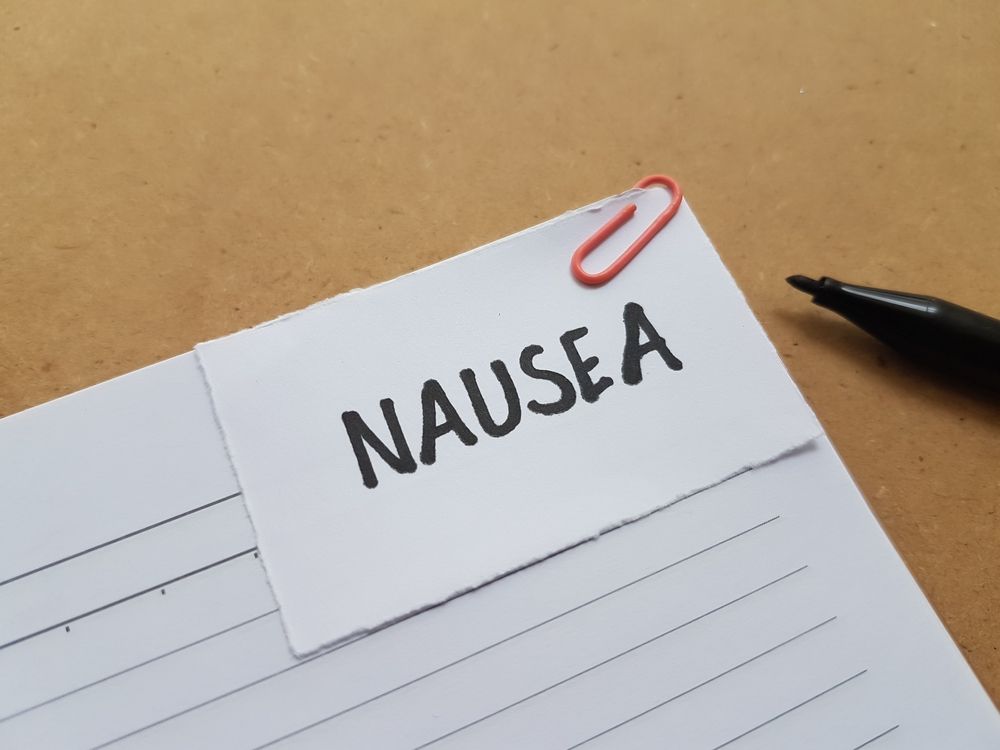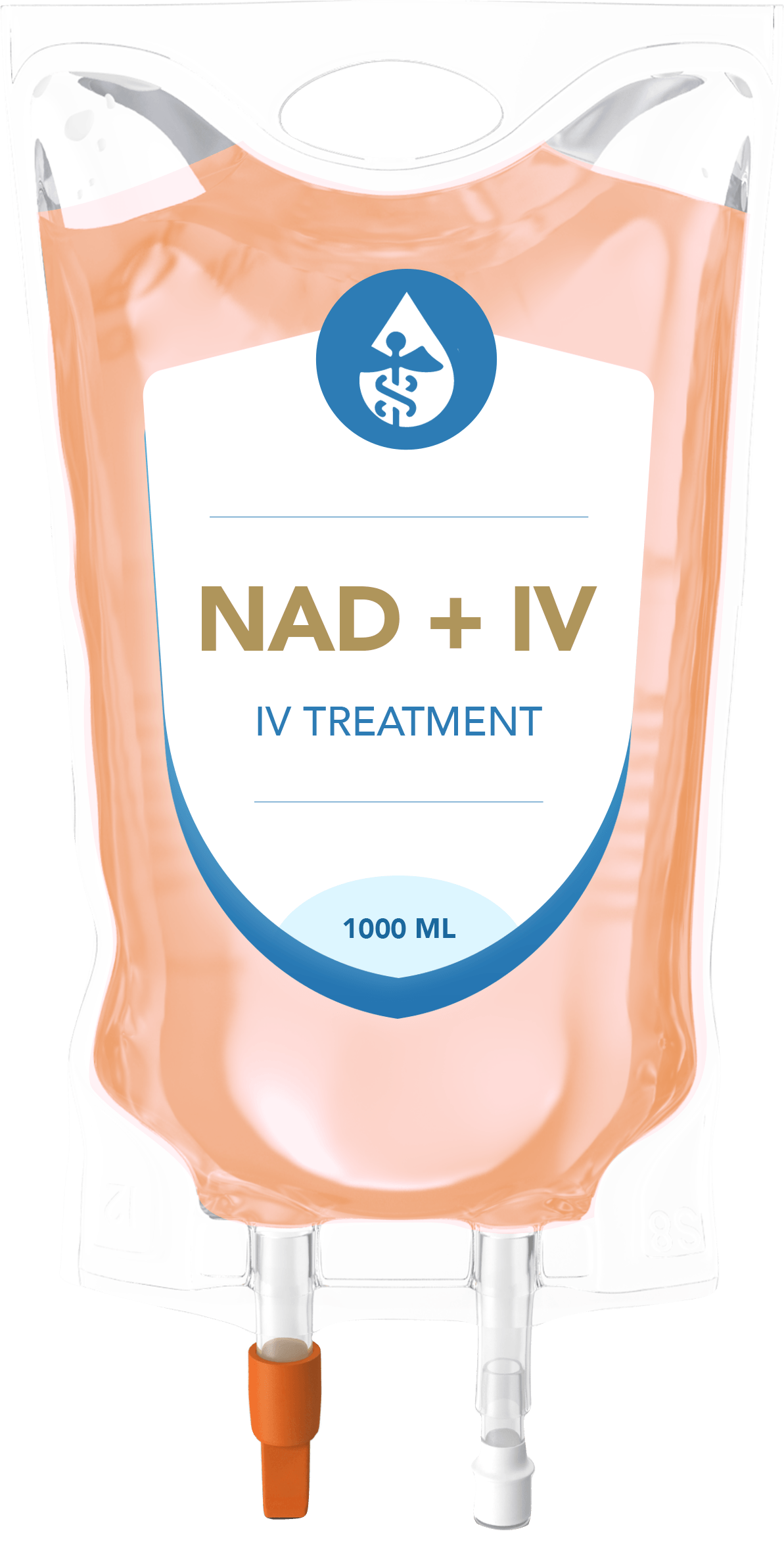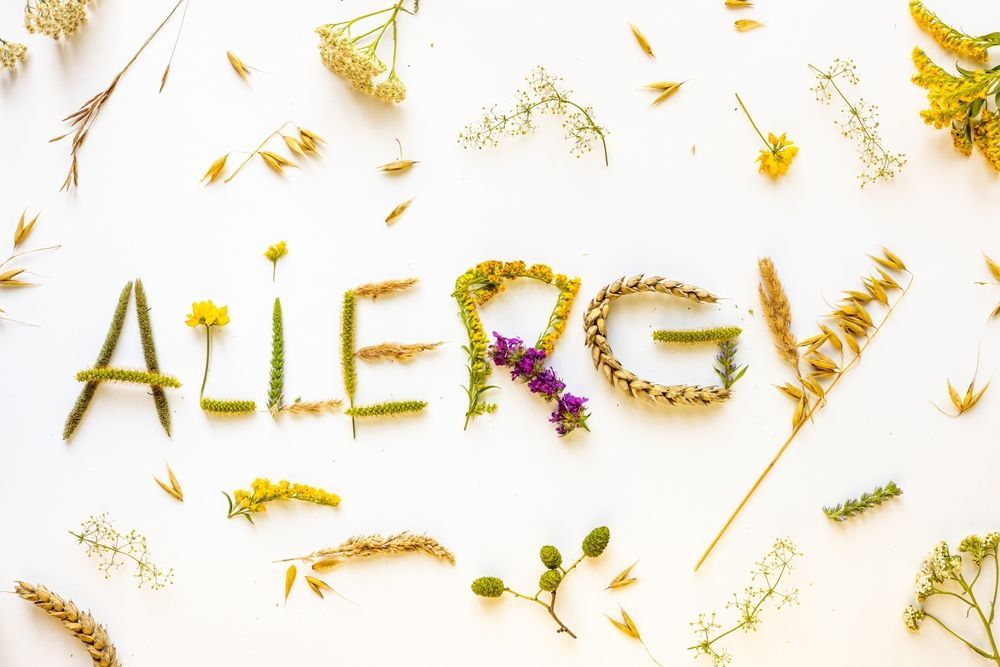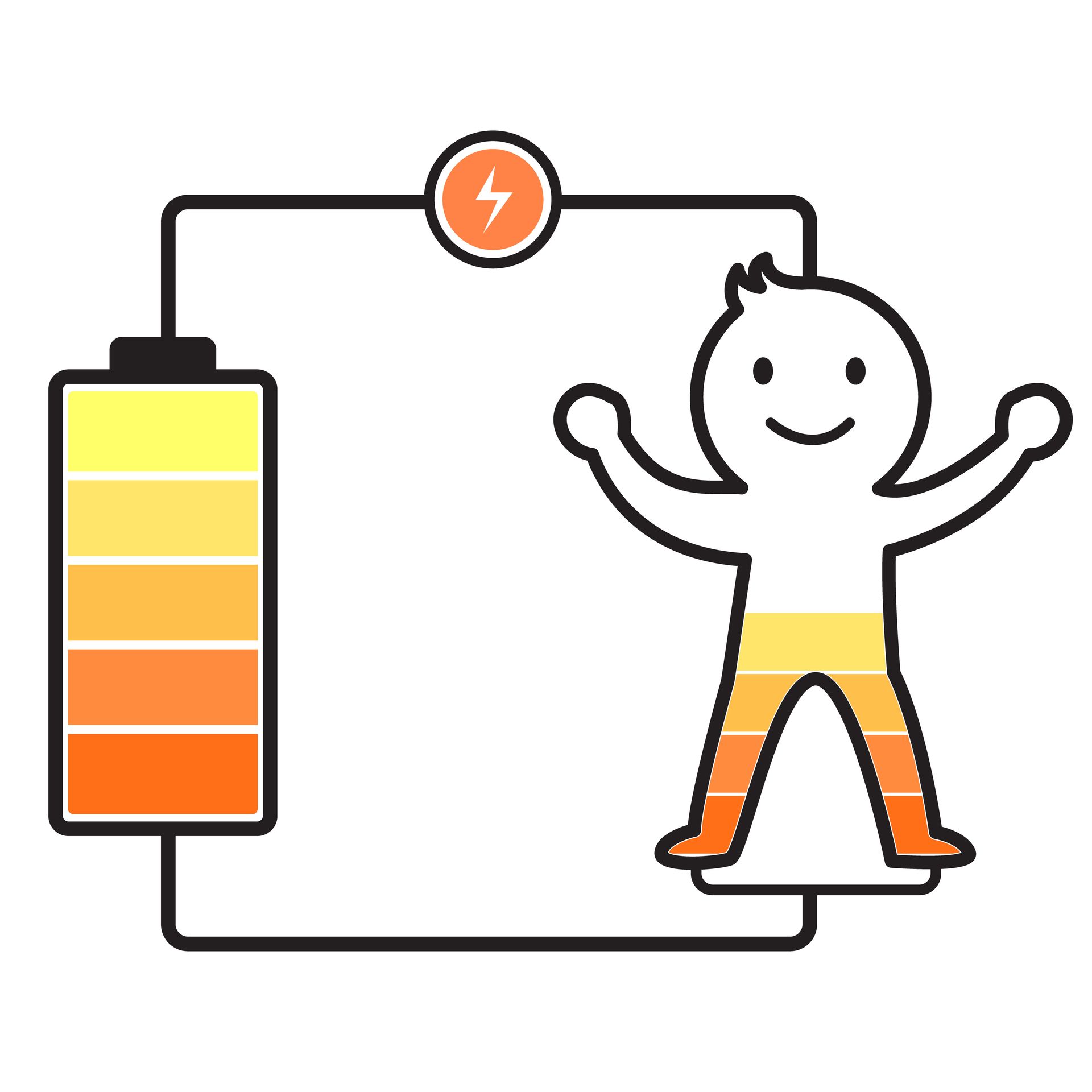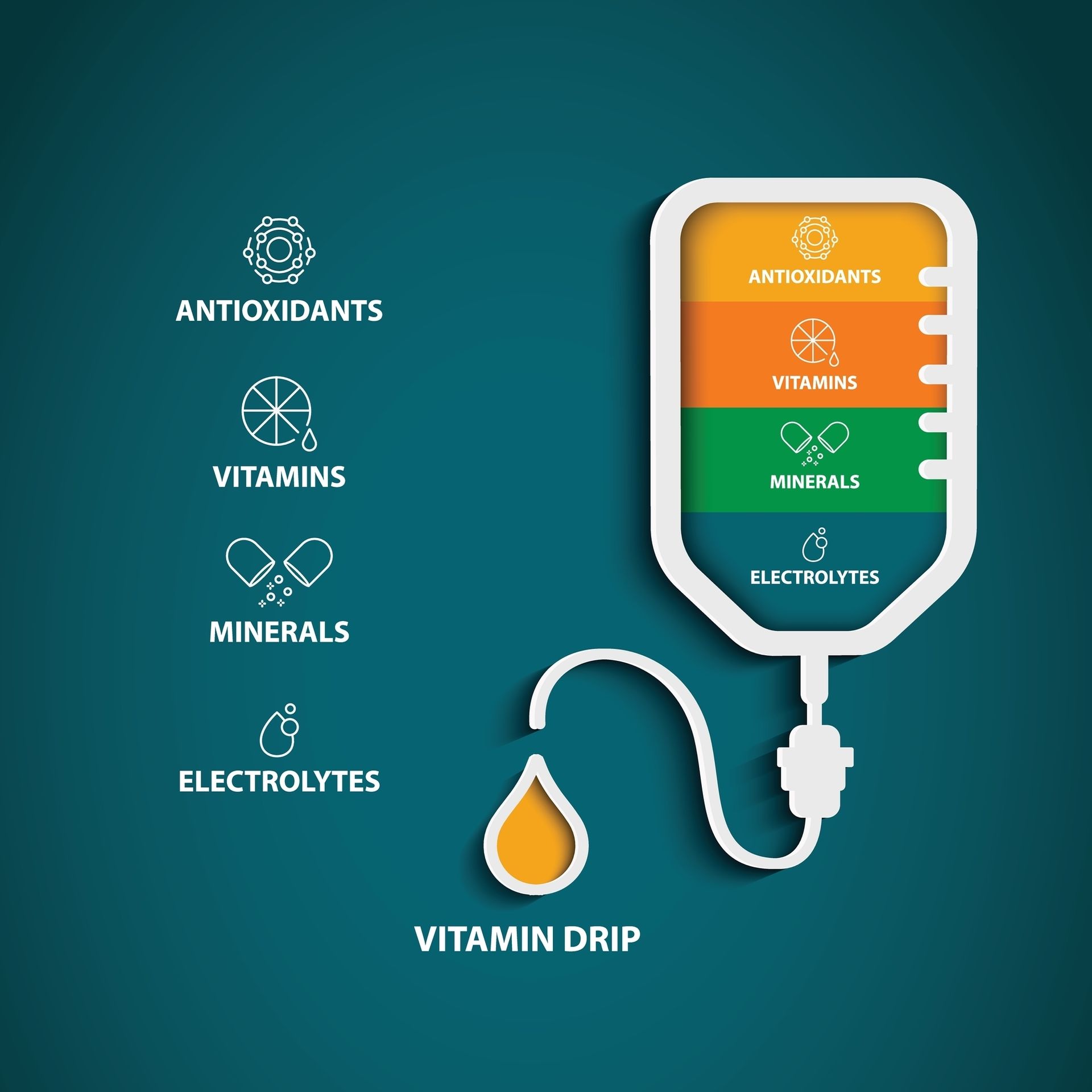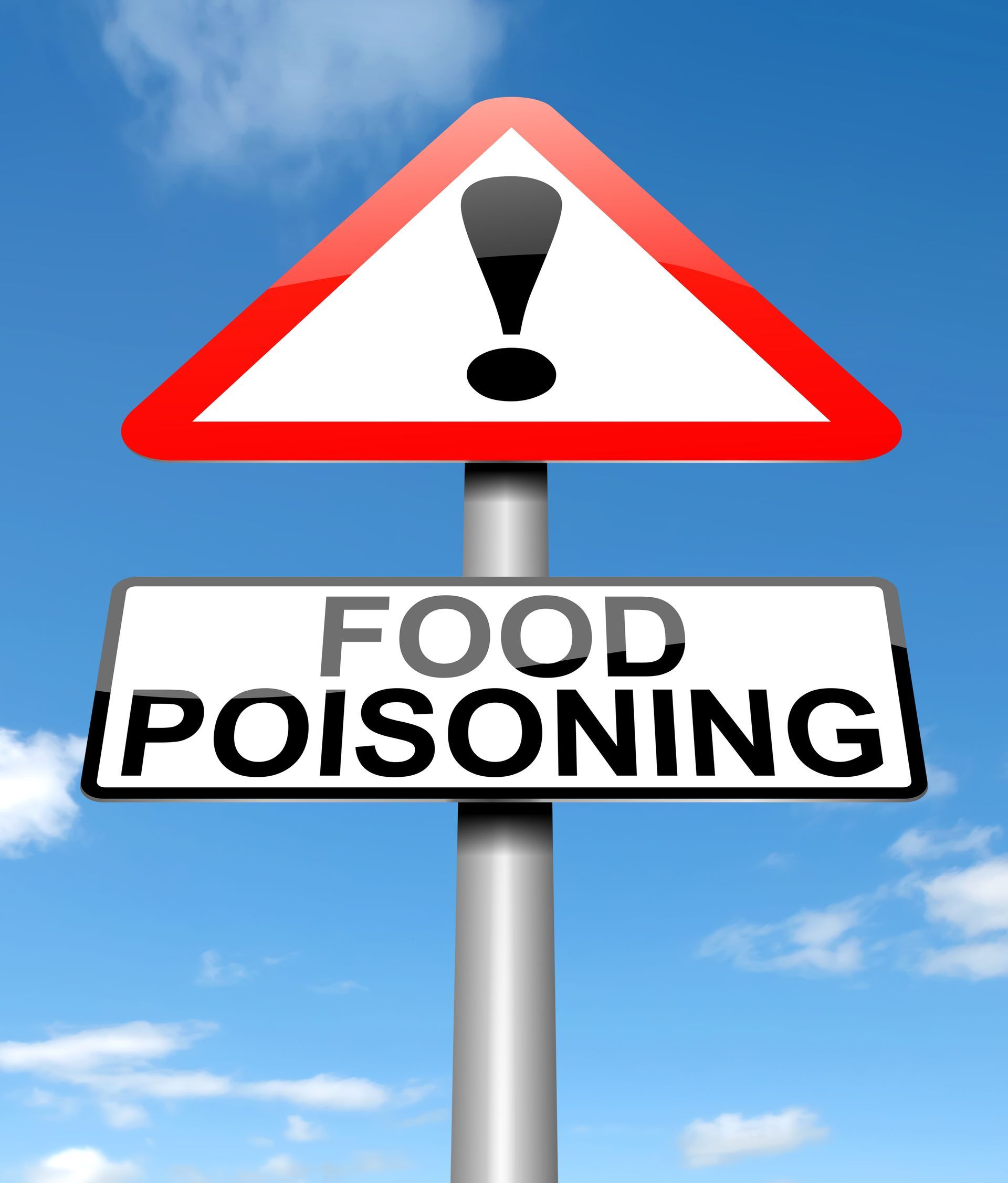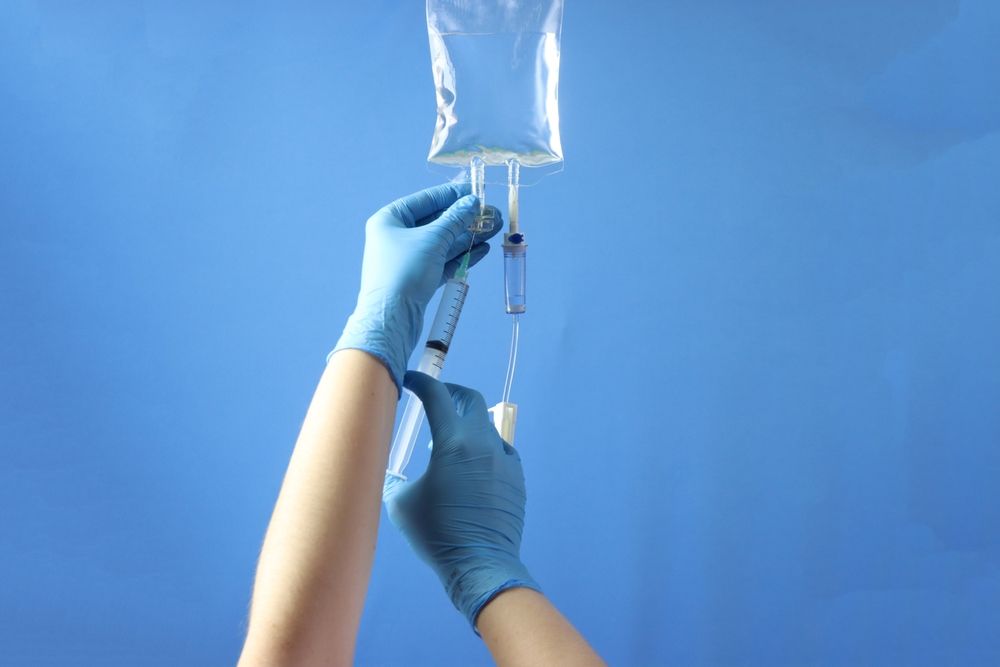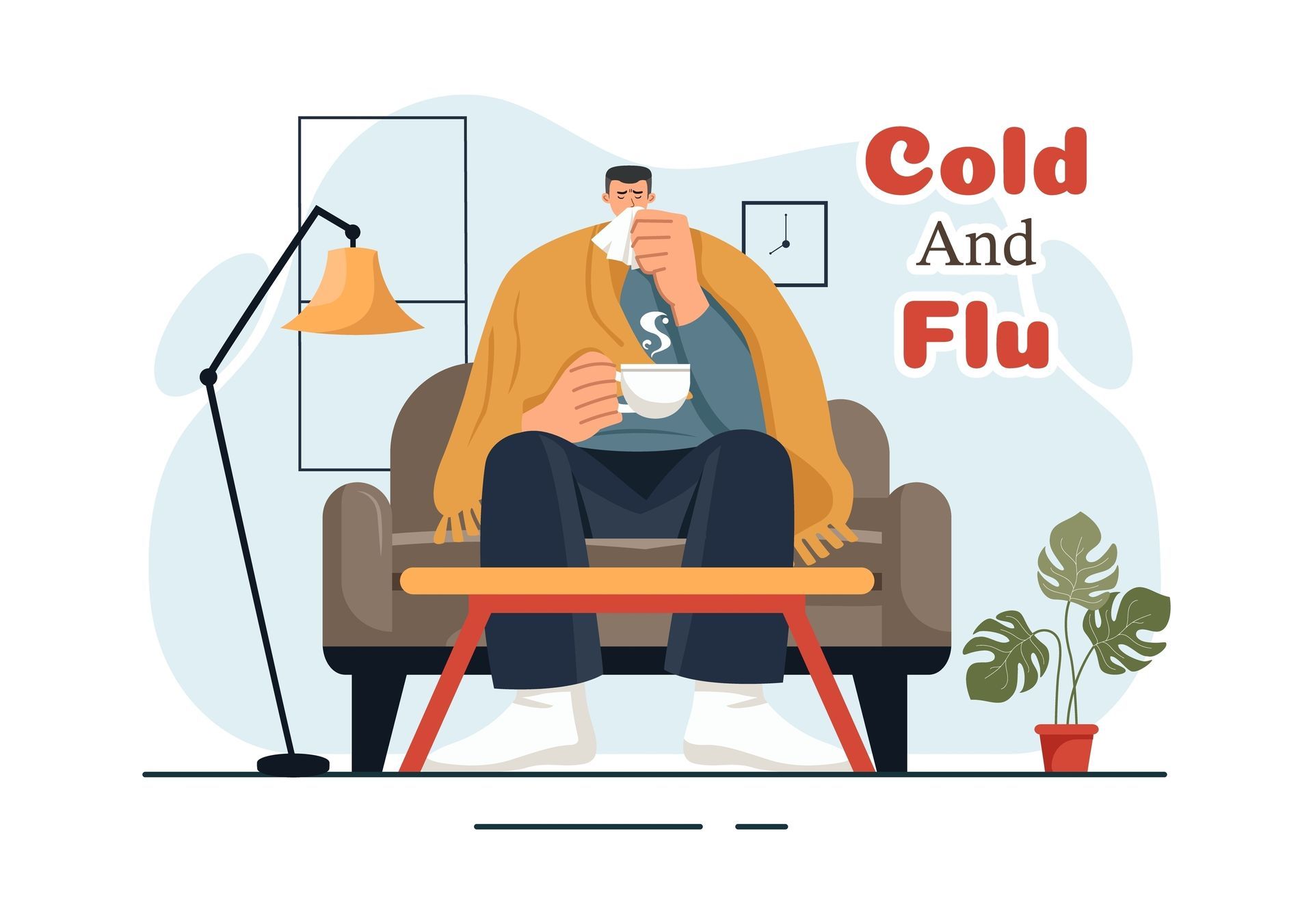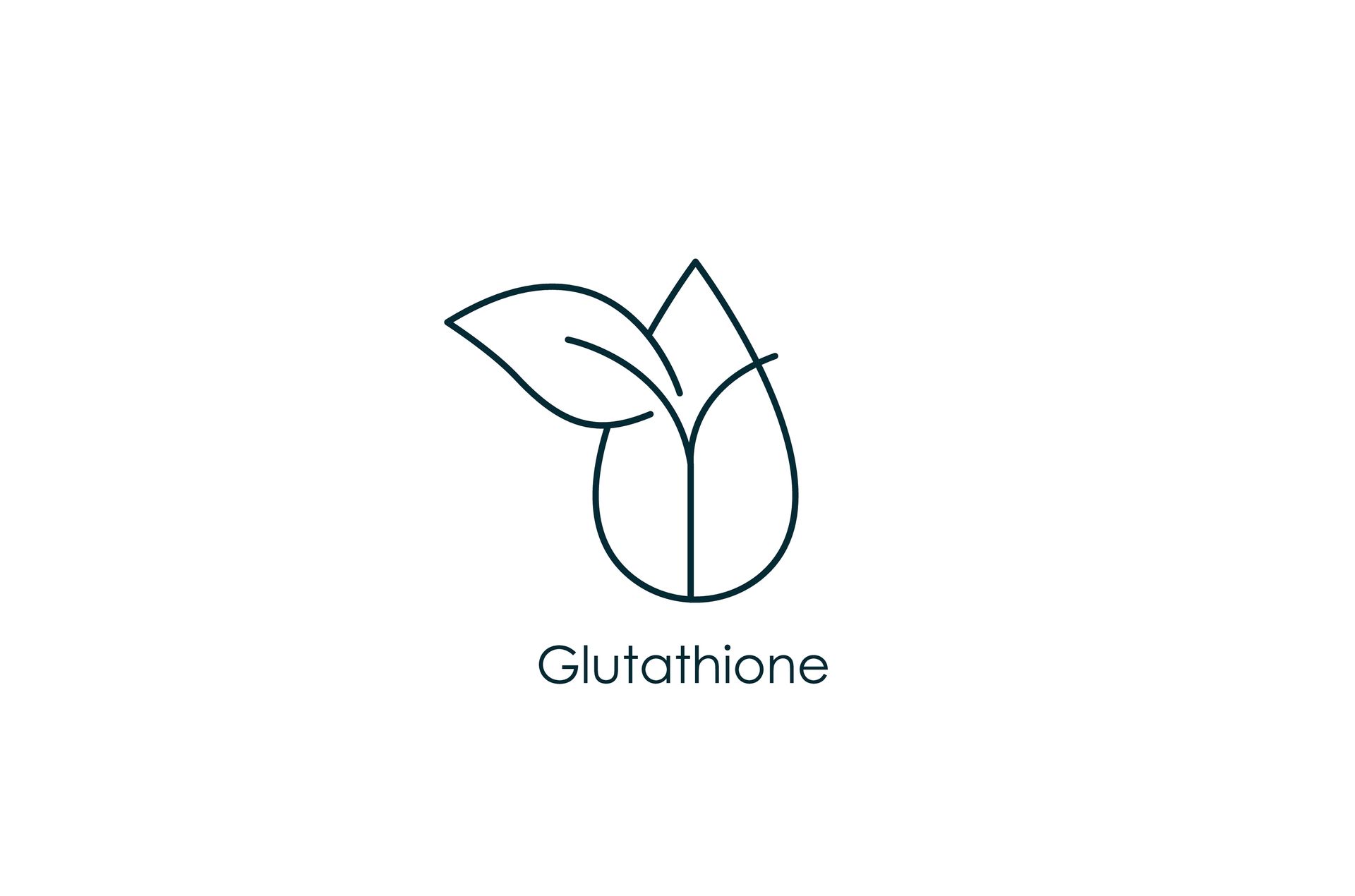Articles and Information
Rejuvenate After a Night Out: Effective Hangover IV Therapy Solutions

We all know that feeling: the morning after a night of revelry usually comes with an unwelcome hangover. The fatigue, headache, and nausea can overshadow the memories of the previous night’s fun. However, helping your body recover is easier than you might think. One of the most effective methods gaining attention is IV therapy for hangovers. This article explores the causes of hangovers, the science behind them, and how IV therapy can offer relief.
Understanding Hangovers: Causes and Effects
Hangovers are a complex physiological response that follows the consumption of alcohol. To truly appreciate IV therapy’s benefits in this context, it's essential to understand what a hangover actually is.
The Science Behind Hangovers
After consuming alcohol, the body metabolizes it primarily in the liver, converting it into acetaldehyde—considered a highly toxic substance. This process leads to dehydration, electrolyte imbalance, and the production of inflammatory cytokines, all of which play roles in hangover symptoms.
Moreover, the type and amount of alcohol consumed can affect the severity of the hangover. Congeners, substances produced during fermentation found in darker liquors, exacerbate these symptoms. Interestingly, the timing and rate of alcohol consumption also play a crucial role; binge drinking can overwhelm the liver's ability to process alcohol, leading to more severe hangover effects. Additionally, factors such as age, gender, and individual metabolic rates can influence how one experiences a hangover, making it a highly personal ordeal.
Physical and Mental Impact of Hangovers
The physical effects of hangovers vary widely but commonly include headaches, fatigue, nausea, and muscle aches. On the mental side, you might experience mood swings, anxiety, and difficulty concentrating. The collective impact can hinder your capacity to function in everyday tasks, making recovery a priority.
Understanding these effects provides insight into why so many people seek immediate solutions after a night of indulgence. The quicker the recovery, the faster you can return to your normal activities. Furthermore, the social implications of hangovers can be significant; missed workdays, canceled plans, and strained relationships can all stem from the aftermath of a night out. This societal pressure to bounce back quickly often drives individuals to explore various remedies, from hydration strategies to over-the-counter medications, in hopes of alleviating the discomfort and regaining their composure.
The Emergence of IV Therapy for Hangovers
In recent years, IV therapy has emerged as a popular choice for those looking to relieve hangover symptoms quickly and effectively. This treatment delivers hydration and nutrients directly into the bloodstream, bypassing the digestive system.
What is IV Therapy?
IV therapy involves the administration of fluids, vitamins, and minerals directly into the bloodstream through an intravenous (IV) line. This method allows for rapid absorption, helping to mitigate hangover symptoms more effectively than traditional oral rehydration.
Many clinics now offer specialized hangover IV therapy designed to replenish the body's lost nutrients and fluids after a night of drinking. Clients are often in and out within an hour, leaving them revitalized and ready to tackle the day.
How IV Therapy Works for Hangovers
During IV therapy for hangovers, a blend of fluids and essential nutrients is infused directly into the body. Common components include saline solution to rehydrate, electrolytes to restore balance, and B vitamins to alleviate fatigue. In some cases, additional nutrients such as magnesium and vitamin C may also be included.
By directly addressing the body's needs, IV therapy can provide immediate relief from hangover symptoms, helping individuals return to their usual best with minimal downtime.
Benefits of Hangover IV Therapy
People often seek out hangover IV therapy for its considerable benefits, which can significantly improve recovery times and overall well-being after a night out.
Quick Rehydration and Recovery
One of the most immediate benefits of IV therapy is the speed of hydration. Dehydration is a primary contributor to hangover symptoms, and IV fluids help restore hydration levels quickly. Many clients report feeling significantly better within minutes of receiving treatment.
This rapid rehydration can also help alleviate headaches and restore energy levels, making it an ideal solution for those who want to bounce back swiftly.
Nutrient Replenishment
Along with rehydration, IV therapy provides essential nutrients lost during alcohol consumption. B vitamins and other micronutrients play crucial roles in energy production and mood stabilization.
By replenishing these vital nutrients, IV therapy not only helps soothe hangover symptoms but also supports the body’s overall recovery process, making it an attractive option for individuals concerned about their health and wellness.
Different Types of Hangover IV Therapy Solutions
Not all IV therapy solutions are the same; different formulas are tailored to varying needs and preferences. Understanding these options can help you choose the right therapy for your situation.
Hydration IV Therapy
Hydration IV therapy is the most basic form, primarily focusing on delivering fluids and electrolytes. This is beneficial for those who are primarily struggling with dehydration but may not require extensive nutrient replenishment.
Vitamin Infusion IV Therapy
Vitamin infusion IV therapies provide a broader range of nutrients. In addition to hydration, this type usually includes a combination of vitamins and minerals designed to combat fatigue and boost energy levels, making it ideal for those searching for a holistic recovery experience.
Safety and Effectiveness of Hangover IV Therapy
As with any medical treatment, safety and effectiveness are paramount. Understanding the potential risks and the success rates is crucial before undergoing IV therapy for hangovers.
Potential Side Effects and Risks
While generally considered safe, IV therapy does come with some risks. Potential side effects may include infection at the injection site, discomfort, bruising, or allergic reactions to the compounds used. It is essential to seek treatment from qualified professionals to minimize these risks.
Moreover, individuals with certain medical conditions or allergies should consult a healthcare provider before undergoing therapy to ensure it's appropriate for them.
Success Rate and Efficiency
Many people report high levels of satisfaction with IV therapy for hangovers, citing significant improvements in their recovery time and overall well-being. Although individual experiences may vary, the combination of quick rehydration and nutrient infusion is scientifically backed as an effective way to address hangover symptoms.
In summary, IV therapy presents a compelling solution for those looking to rejuvenate after a night out. With its ability to quickly replenish fluids and nutrients, it can be an effective way to turn a sluggish morning into a revitalizing day.
USEFUL LINKS
CONTACT US
If you think you may have a medical emergency, immediately call your doctor or dial 911.
This website does not provide medical advice. It is intended for informational purposes only. It is not a substitute for professional medical advice, diagnosis or treatment. Never ignore professional medical advice in seeking treatment because of something you read on the internet. These statements have not been evaluated by the Food and Drug Administration.
© 2021-2024 All Rights Reserved | Powered by OMG Marketing


